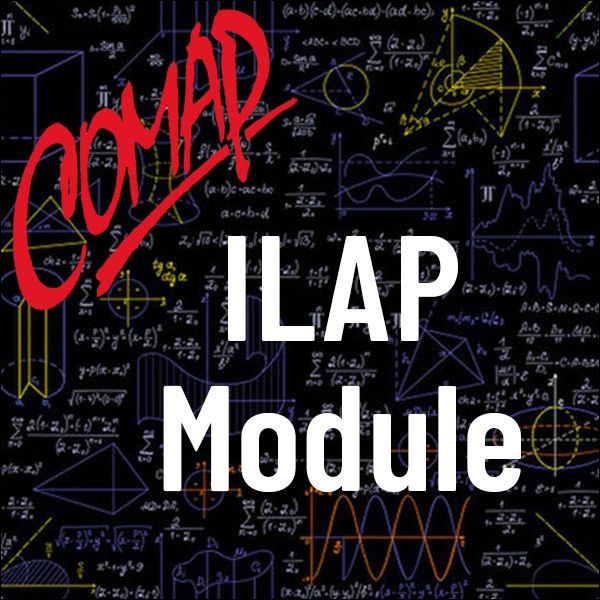Chloroform Alert! (ILAP)
Author: John R. Liukonnen, Laura J. Steinberg
AAA Chemical Inc. operates two chemical plants in the town of Bayou St. Edwards, home of Dixieland State University. New pollution monitoring equipment has shown elevated concentrations of chloroform in the air over the university. These concentrations are considered unhealthy, and the student Engineering Society has formed a study group to review the problem. They have come up with a number of possible ways to reduce the pollution, including relocating the plants, making the smokestacks taller, and adding air pollution control equipment to the plants. They want to analyze the costs and compute the reduction in chloroform concentration that is expected from each possible solution. You are asked to help them with the project by completing Parts 1, 2, 3, and 4 below.
In Part 1, you learn how to model chloroform concentrations in the atmosphere in the presence of diffusion and turbulence
In Part 2, you add the effect of wind to the model
Part 3 shows how the model can be simplified in the case of steady-state conditions (no change in chloroform emissions over time), and how the chloroform emissions from the two chemical production plants can be added together to calculate the combined effect of the two plants on air quality.
In Part 4, you apply the simplified model to Dixieland University. You are asked to calculate concentrations of chloroform in the air over the university and to choose between various engineering remedies.
Physical Concepts Examined:
1. Advection
2. Diffusion
3. Steady-state modeling
4. Simulation of contaminant transport
Table of Contents:
SETTING THE SCENE
PART 1: DIFFUSION AND TURBULENCE VIA DISCRETE APPROXIMATION
PART 2: ADVECTION VIA DISCRETE APPROXIMATION
PART 3: SUPERPOSITION AND STEADY STATE
PART 4: DATA
SAMPLE SOLUTIONS
NOTES FOR THE INSTRUCTOR
ABOUT THE AUTHORS

Mathematics Topics:
Application Areas:
Prerequisites:
2. Understanding partial derivatives
3. Finding Taylor series approximations
3. Understanding the Central Limit Theorem
You must have a Full Membership to download this resource.
If you're already a member, login here.